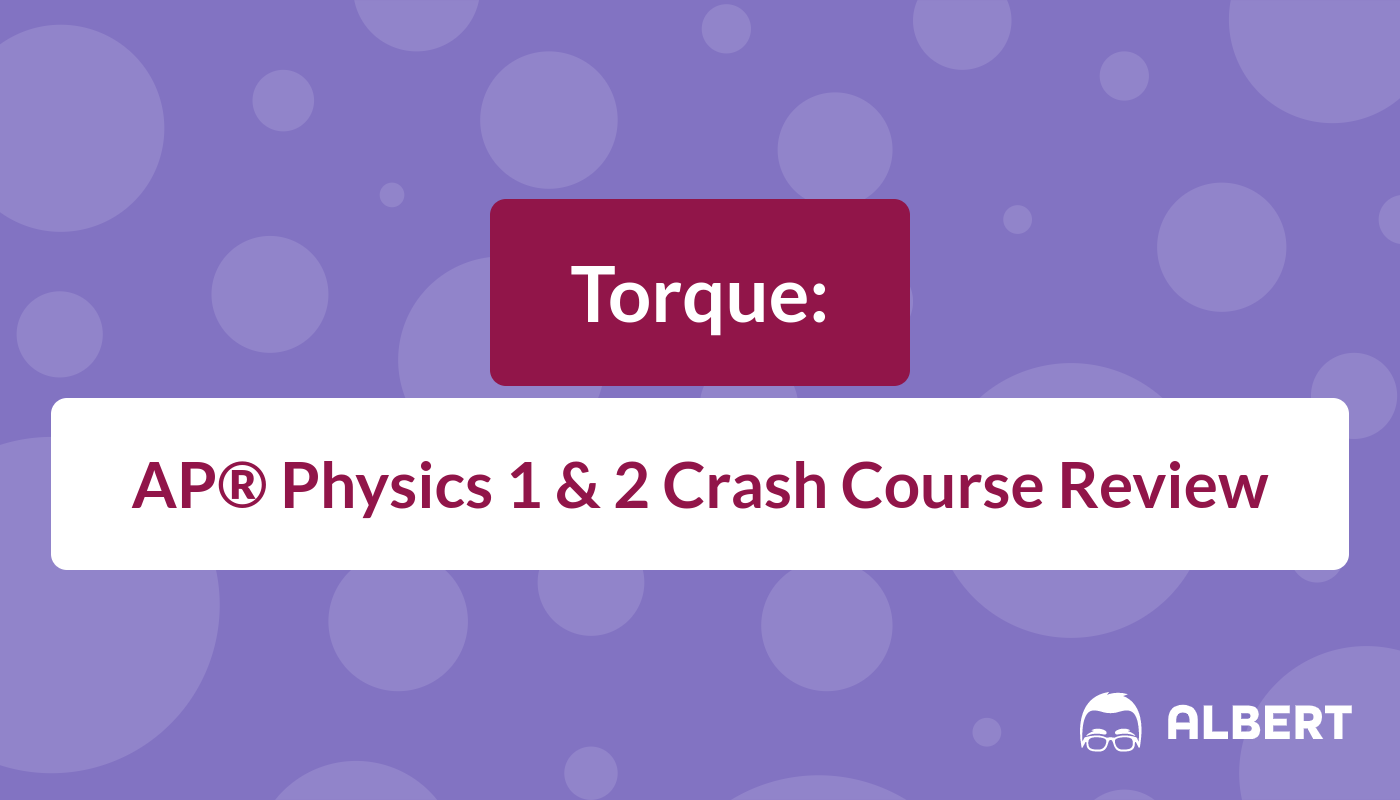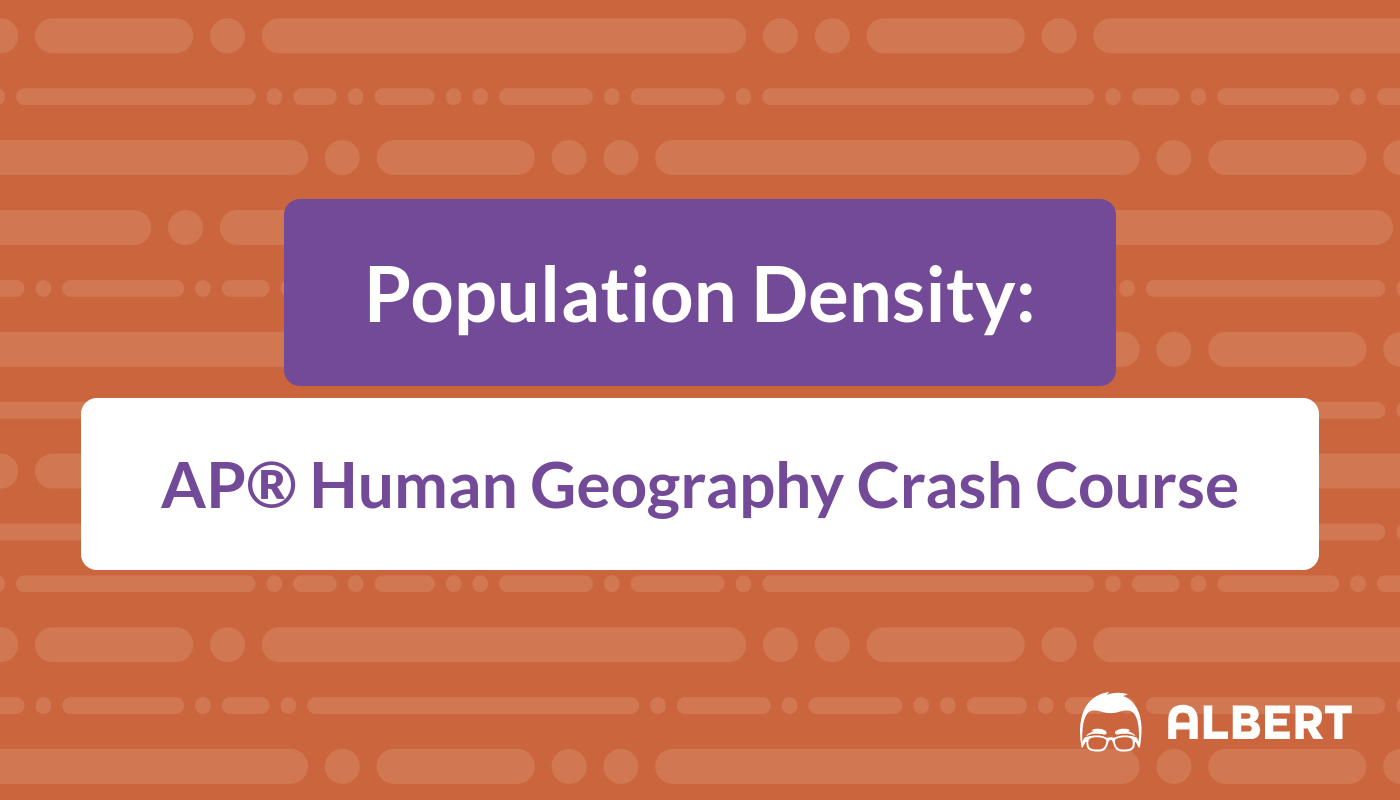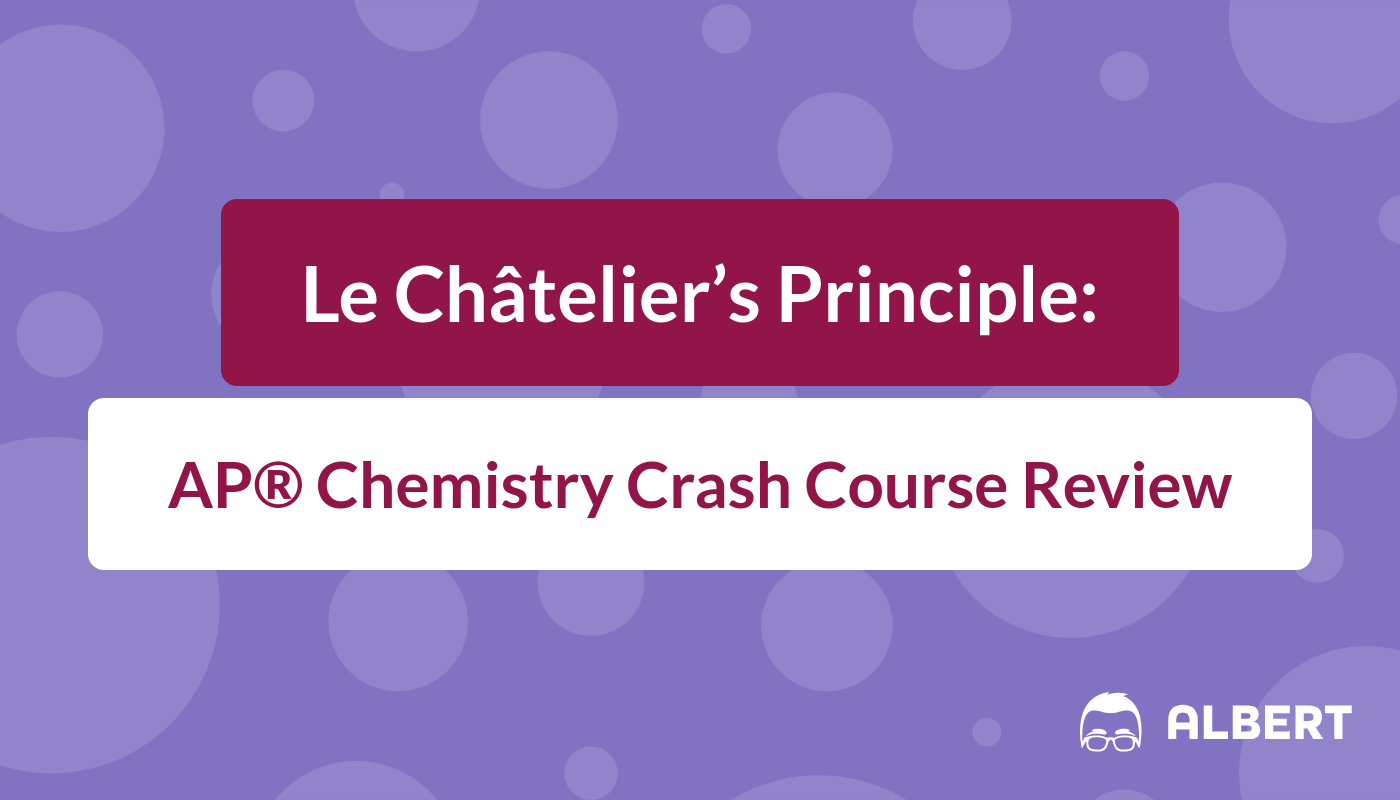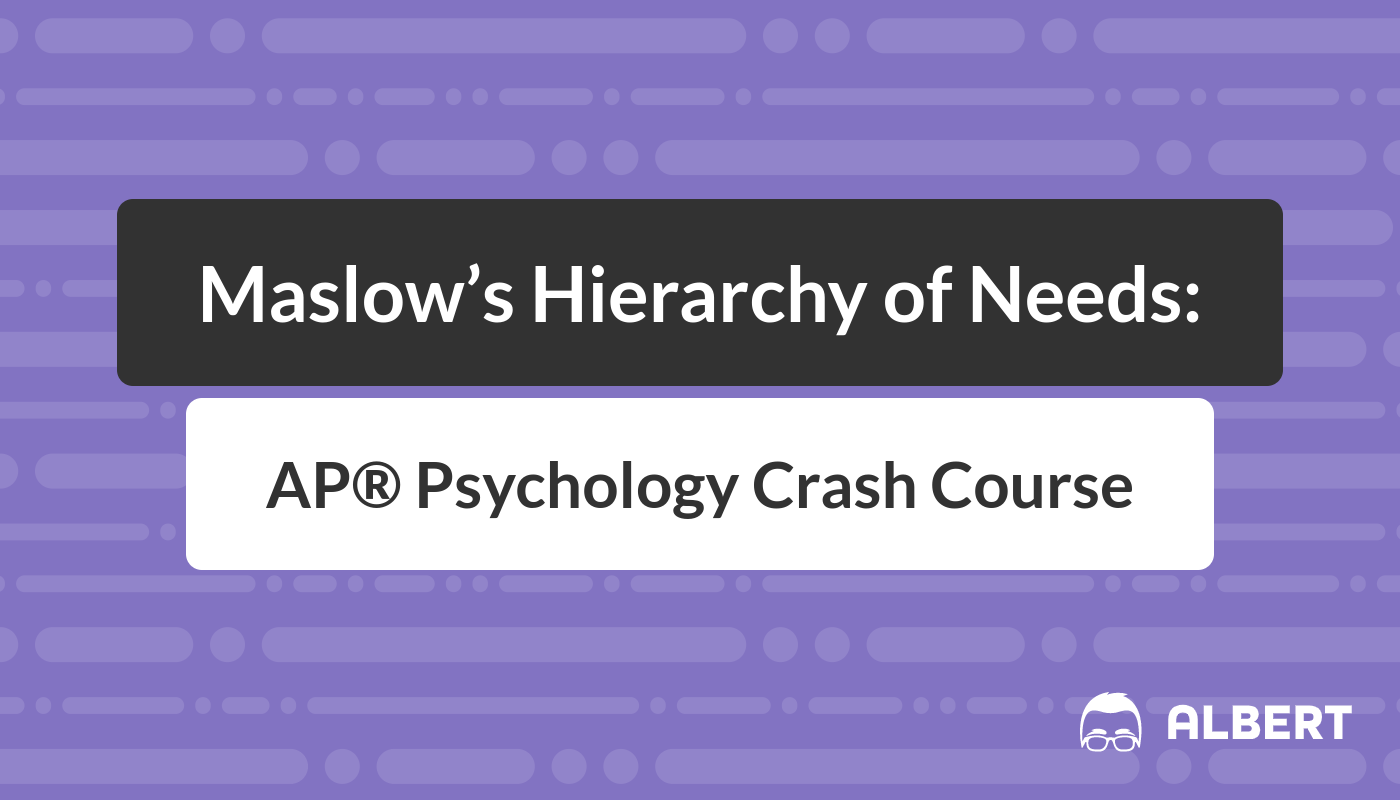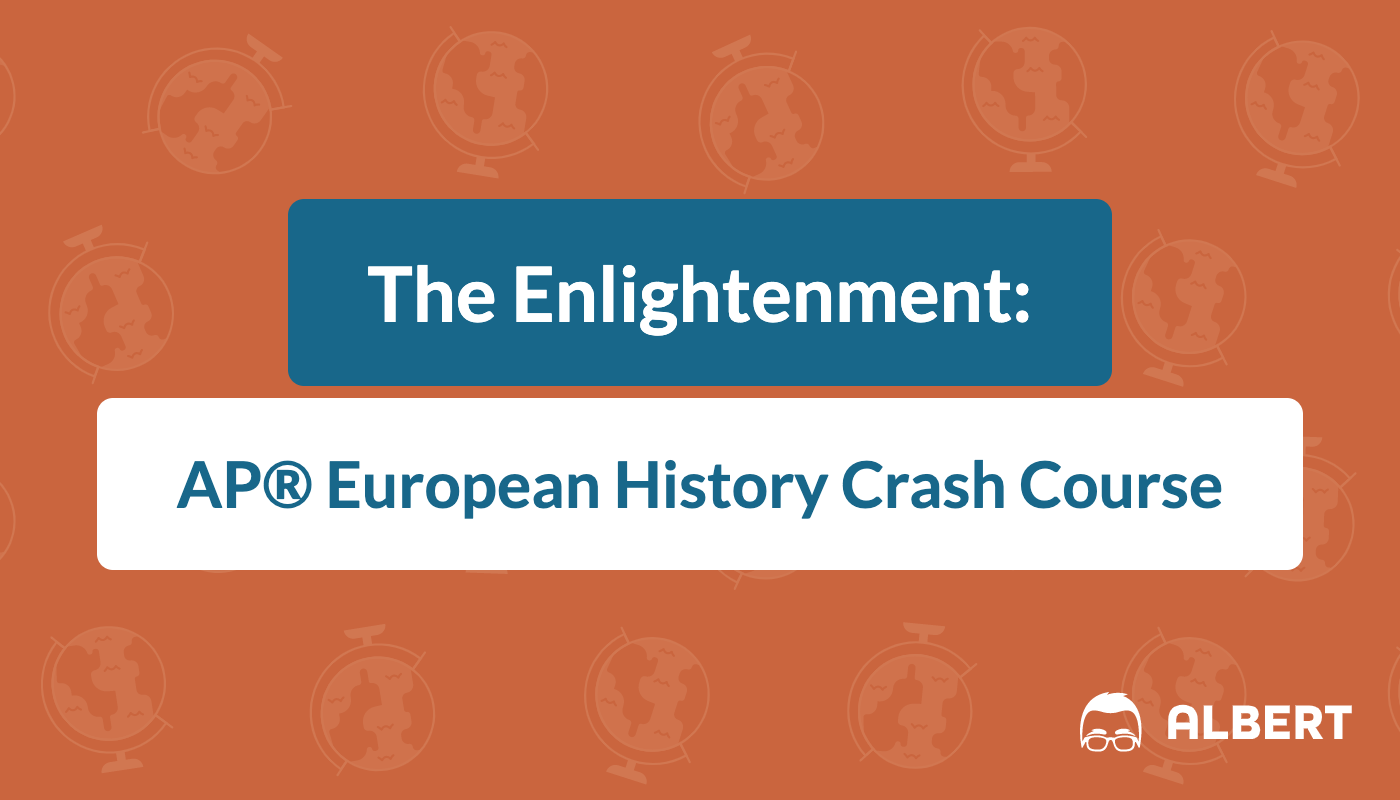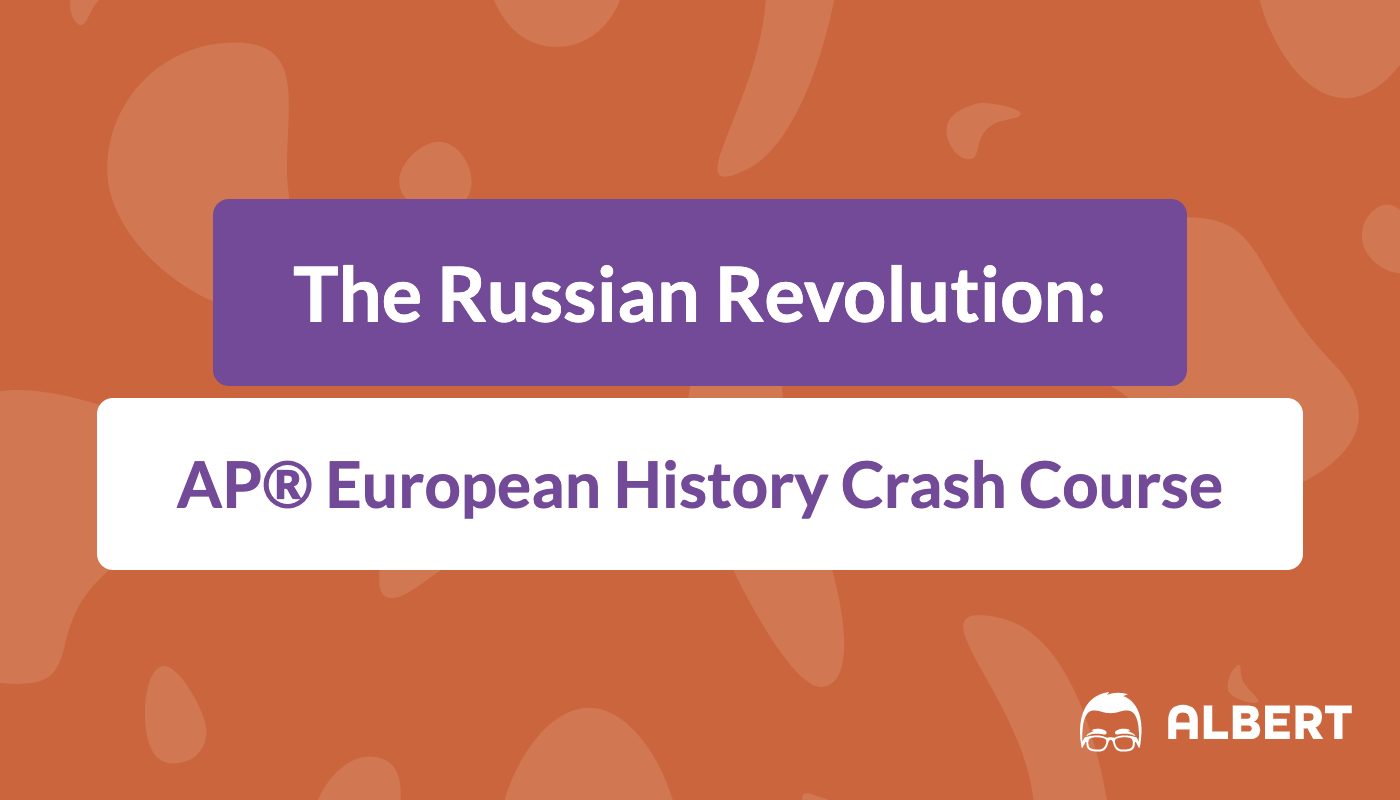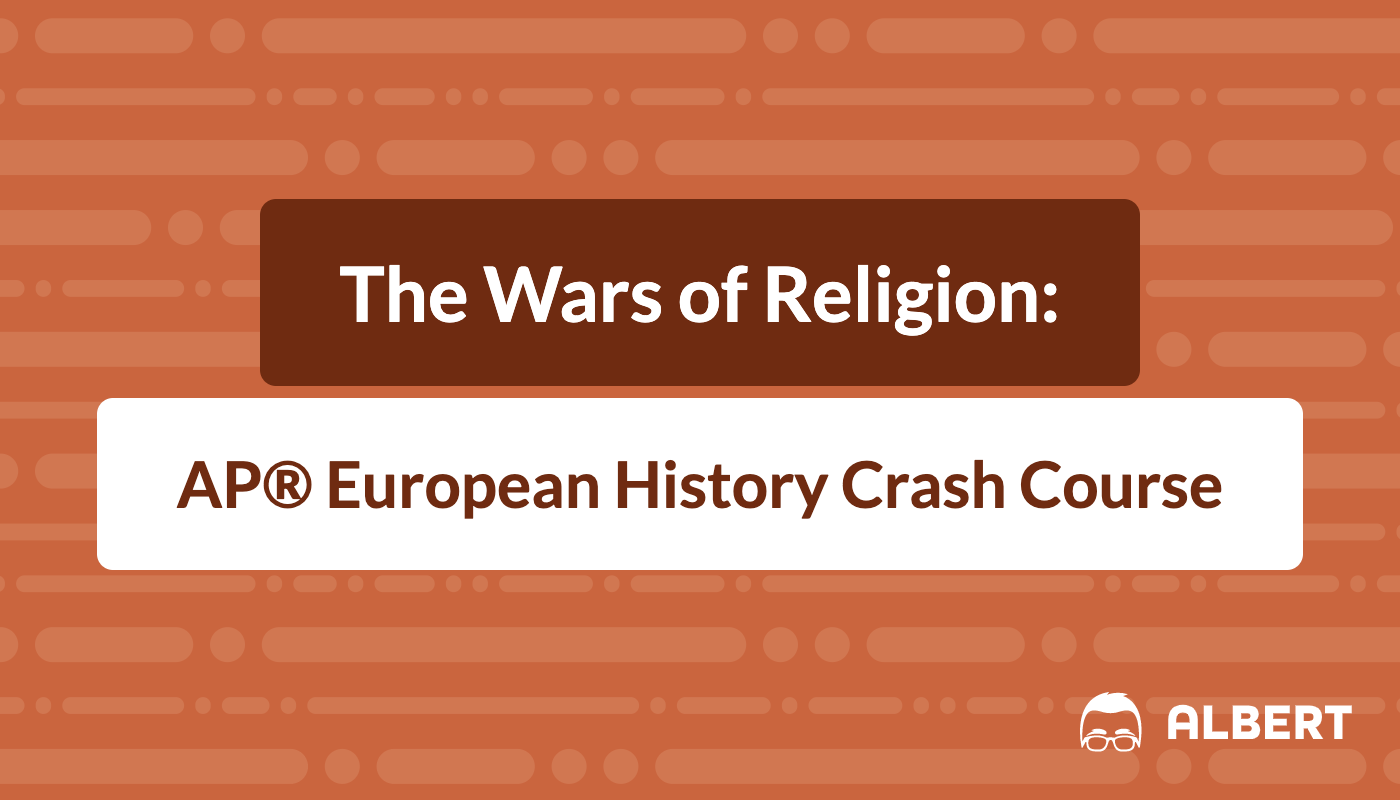Torque: AP® Physics 1 & 2 Crash Course Review
If you’re reading about torque, you’ve probably already covered work, which measures a force applied that displaces an object in any direction on a Cartesian coordinate system (x/y coordinates). Now, what if we take that same object and rotate it around a fixed axis? When we do that, we are applying a torque on that object.

